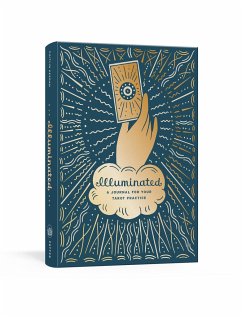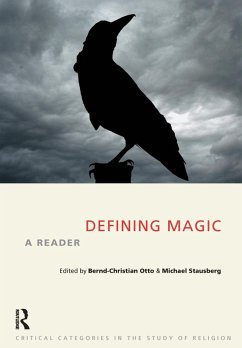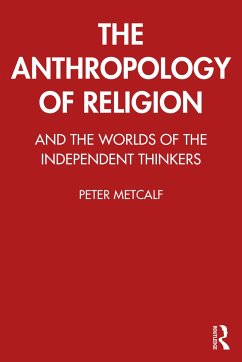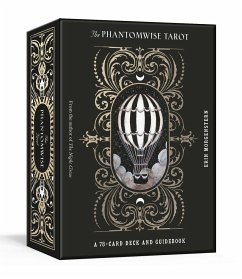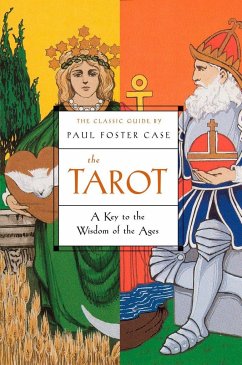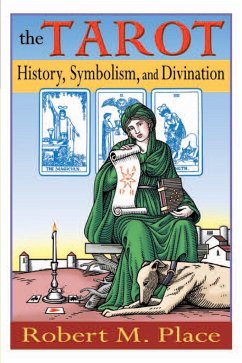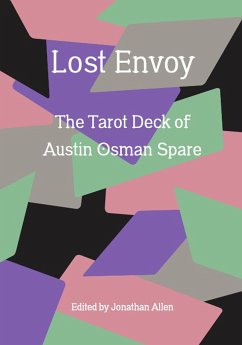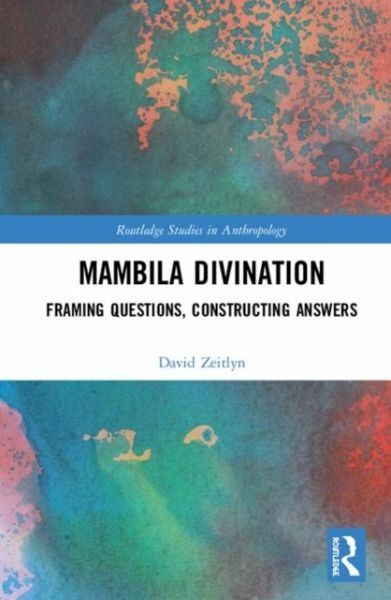
Mambila Divination
Framing Questions, Constructing Answers
Versandkostenfrei!
Versandfertig in 6-10 Tagen
154,99 €
inkl. MwSt.
Weitere Ausgaben:

PAYBACK Punkte
77 °P sammeln!
This book offers a major contribution to the study and analysis of divination, based on continuing fieldwork with the Mambila in Cameroon. It seeks to return attention to the details of divinatory practice, using the questions asked and life histories to help understand the perspective of the clients rather than that of the diviners.Drawing on a corpus of more than 600 cases, David Zeitlyn reconsiders theories of divination and compares Mambila spider divination with similar systems in the area. A detailed case study is examined and analysed using conversational analytic principles. The region...
This book offers a major contribution to the study and analysis of divination, based on continuing fieldwork with the Mambila in Cameroon. It seeks to return attention to the details of divinatory practice, using the questions asked and life histories to help understand the perspective of the clients rather than that of the diviners.
Drawing on a corpus of more than 600 cases, David Zeitlyn reconsiders theories of divination and compares Mambila spider divination with similar systems in the area. A detailed case study is examined and analysed using conversational analytic principles. The regional comparison considers different kinds of explanation for different features of social organization, leading to a discussion of the continuing utility of moderated functionalism.
The book will be of interest to area specialists and scholars concerned with religion, rationality, and decision-making from disciplines including anthropology, African studies, and philosophy.
Drawing on a corpus of more than 600 cases, David Zeitlyn reconsiders theories of divination and compares Mambila spider divination with similar systems in the area. A detailed case study is examined and analysed using conversational analytic principles. The regional comparison considers different kinds of explanation for different features of social organization, leading to a discussion of the continuing utility of moderated functionalism.
The book will be of interest to area specialists and scholars concerned with religion, rationality, and decision-making from disciplines including anthropology, African studies, and philosophy.




